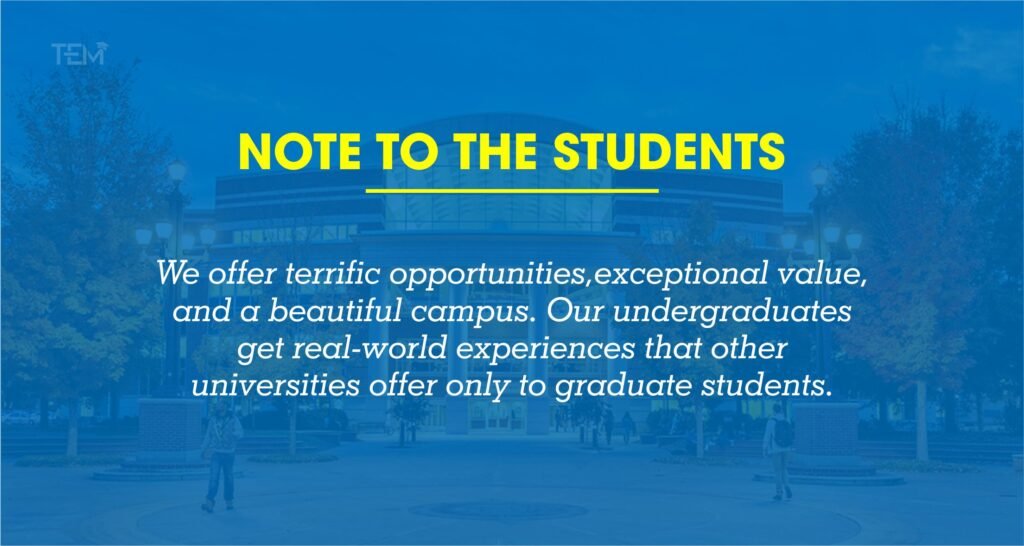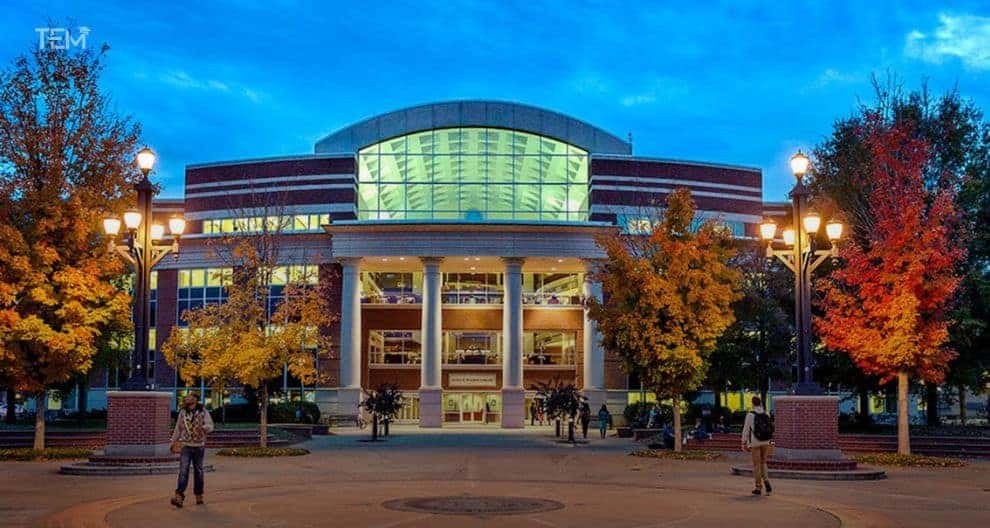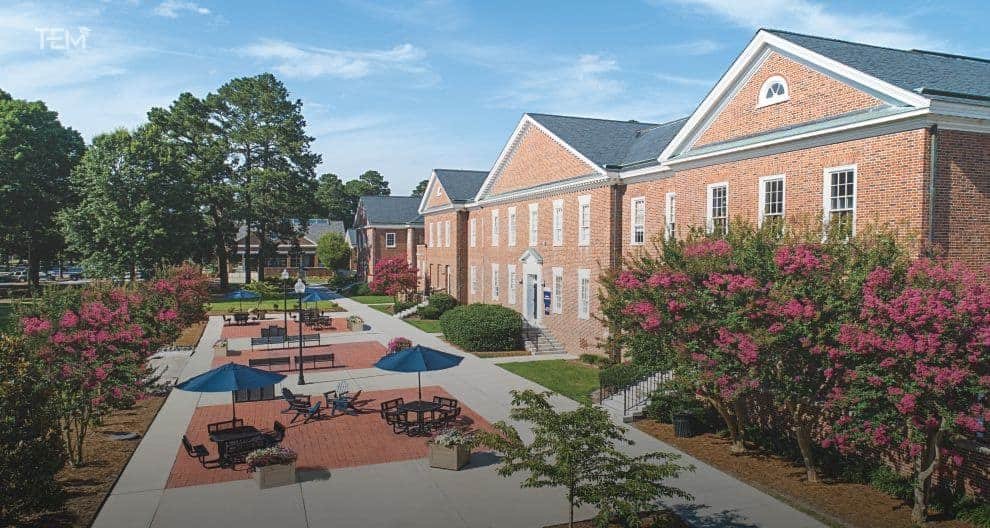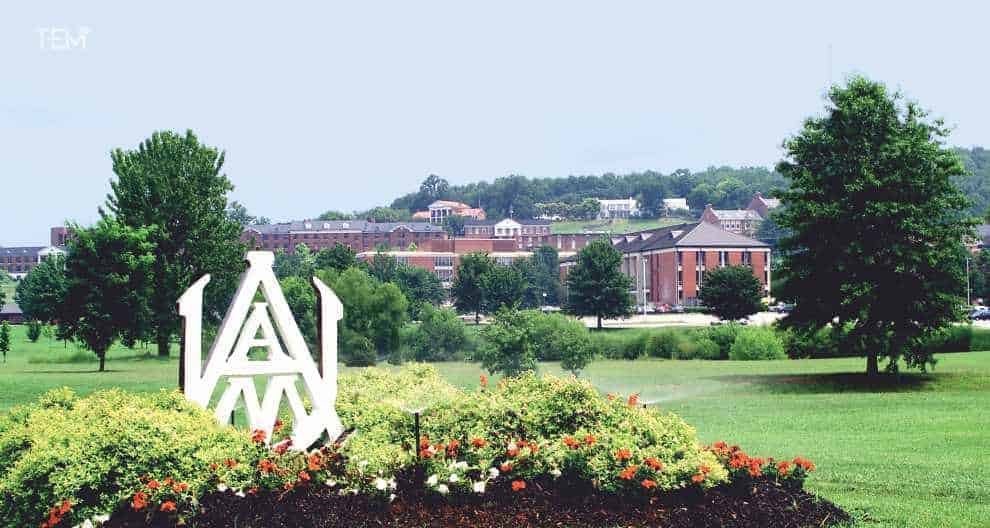For years, educational leaders have been redefining higher education and sharing their visions with the world through unique programs and enhanced curriculums. While leading this innovation in education, leaders have pivoted modern educational institutions toward growth and development. By building strong and distinguished universities, educational leaders have emerged as the supporting pillars of education. One such leader is Dr. Sidney A. McPhee, President of Middle Tennessee University in Murfreesboro, Tennessee. Upholding strong educational values, he has spearheaded remarkable growth and success with his visionary leadership.
An International Leader
Originally from the Bahamas, Dr. McPhee was curious and excited to travel and attend universities in the U.S. after completion of his elementary and secondary education. He pursued his bachelor’s degree at Prairie View A&M University in Texas and his master’s from the University of Miami in Florida. He also holds a doctorate degree in applied behavioral studies from Oklahoma State University. Since 2001, Dr. McPhee has resided in Tennessee and has been leading Middle Tennessee State University as its 10th president. He has traveled to various places around the world to develop educational partnerships for the university. Dr. McPhee’s contributions have helped provide a bridge for university students to travel internationally and learn about other cultures and from universities and people in other countries.
A Foundation of Academic Excellence
Established at the geographic center of Tennessee in 1911, Middle Tennessee State University (MTSU) boasts a 110-year commitment to academic excellence and student success. The university was originally incorporated as a teacher-training institution and has grown to become a major comprehensive university.
The university has emerged as a national model for successfully retaining students after enrollment. In 2017, MTSU was one of the 45 American universities invited to join an initiative funded by the Bill and Melinda Gates Foundation to help other institutions improve their student success. Moreover, its student success initiatives have been highlighted in the New York Times, Washington Post, and Chronicle of Higher Education, among other national media outlets.
MTSU endorses several nationally recognized academic degree programs at the baccalaureate, master’s, and doctoral levels. The university is home to around 22,000 students who hail from different states and foreign countries and is regarded as the largest supplier of college-degreed workers in Middle Tennessee. It is also home to the most comprehensive center in support of student veterans and their families located on a college campus in the U.S.
Comprehensive Educational Plans
Launched in 2013, MTSU’s “Quest for Student Success” plan radically redefined the university’s approach to student attrition. Working collaboratively, the university has overhauled student advising, developed fresh options for academic help, and redesigned courses that are traditional stumbling blocks to graduation.
Using predictive analytics—an approach more commonly associated with health care than higher education—helps identify students who are at statistical risk of attrition even if they don’t fit into traditionally at-risk populations. The results of the Quest plan have been dramatic—it has become a standard of measurement of other initiatives.
Promoting Diversity on Campus
MTSU also boasts a diverse campus—with a minority student population of roughly 30%—and annually attracts several hundred international students from all over the world. Once a semester, Dr. McPhee visits the student leaders from a variety of minority student organizations in coordination with its Office of Intercultural and Diversity Affairs—an open forum where student leaders can freely express their concerns and needs.
MTSU’s Office of International Affairs provides hands-on support to the international student population through various means such as advising them on maintaining visa status, directing them to relevant student organizations, helping them find employment on campus, and many more. The university also endorses an International Ambassadors program in which international students who have been on campus for a year or more can mentor the new ones and help them get acclimated to the campus and community.
Recently, MTSU formed a Social Justice and Equality Task Force in the wake of the tremendous societal response to the George Floyd killing in Minnesota, including that of university students. Constituted of students, faculty, and staff, the task force is led by a faculty member of the university. Its purpose is to brainstorm and develop a series of recommendations on topics ranging from curriculum changes to faculty/staff retention and development to community engagement and campus climate.
Myriad of Extracurricular Opportunities
Dr. McPhee highly believes, “The formula for student success involves more than just ensuring students enroll, make it to class, fulfill course obligations, and get consistent and proper academic advising on their journey toward a degree.” He adds that college life is not confined to the concept of books and classrooms.
MTSU not only provides students with a myriad of opportunities to attend college but also engages their minds and spirits in an immersive experience by indulging in various fields of arts and research. Additionally, its extensive study abroad program offers academic and cultural enrichment opportunities for its students all over the world, from Europe to Asia to South America and elsewhere.
Campus Improvements and Service to Veterans
During Dr. McPhee’s tenure, MTSU has grown in size and structures, as well as in students. It now covers more than 1,250 acres, including the 500-acre main campus near downtown Murfreesboro, a horse science center, an agricultural research facility, and an aerospace campus at Murfreesboro’s municipal airport, and has added more than $1 billion in construction and renovations over the last two decades. Under his leadership, MTSU raised admission standards; increased enrollment of high-ability students; and added more than 40 degree programs, two colleges, and 20 institutes and centers.
One such center is the Charlie and Hazel Daniels Veterans and Military Family Center, the largest academic support facility for military-connected students on any public university campus. McPhee helped secure the support of Charlie Daniels, the late country music icon known for his work on behalf of veterans, to create the center, which serves the more than 1,200 student veterans and military dependents attending MTSU. Dr. McPhee also hired a retired three-star Army general, Lt. Gen. Keith Huber, to advise and oversee MTSU’s veteran outreach.
Strategic Investments during Pandemic
Although classes at MTSU pivoted to virtual platforms during the onset of the pandemic, they were mostly hybrid in nature when resumed in the fall of 2020. To ensure effective delivery of the revamped curriculum, MTSU responded proactively and strategically to maintain its threshold for high-quality education. It deeply invested in audiovisual upgrades of classrooms to record meetings for both synchronous and asynchronous classes.
The university also invested heavily in other resources such as faculty laptops, online exam proctoring, and other software and equipment upgrades. It hosted numerous faculty training workshops to assist instructors with using new resources. As a result, this enabled the faculty to ensure that all students continued receiving equal high-quality education as they did prior to the pandemic. It also helped MTSU prepare itself for possible future crises.
A Promising Future
Presently, college students not only represent a more diverse socioeconomic and cultural cross-section of the greater population but also have more strategic and specific expectations of career opportunities that they can secure. Over the years, colleges and universities have responded by offering educational delivery methods strategically designed to address students’ personal circumstances and academic programs that fulfill students’ goals while meeting industry needs.COVID-19 and the resulting critical need to protect members of the campus community showed higher education institutions that they must be even more adaptive and nimble in designing flexible delivery methods. Dr. McPhee believes that 2020 revealed, “what we can achieve.” He adds that although the pandemic was challenging, the university persevered and excelled. Along with the faculty, students, and the staff working together to find creative solutions, MTSU embraced the challenges and charted new ways of propelling itself to reach its potential.

Read Full Magazine:- The 10 Most Influential Educational Leaders in USA, 2021


